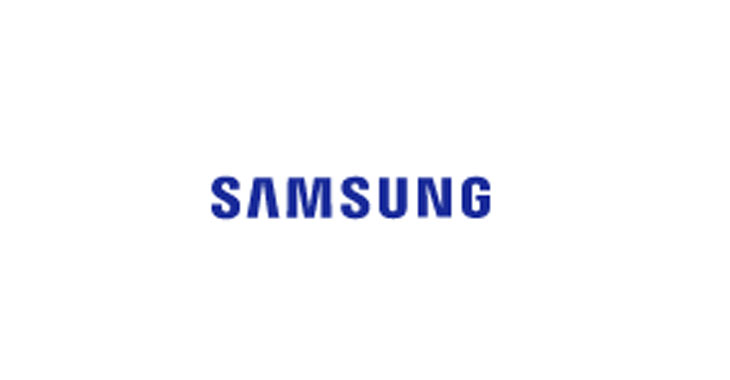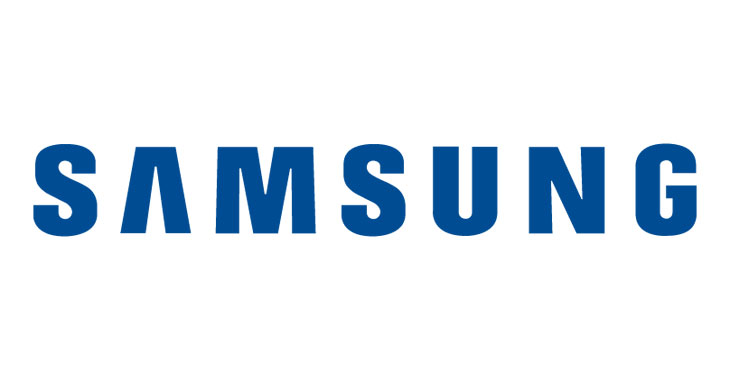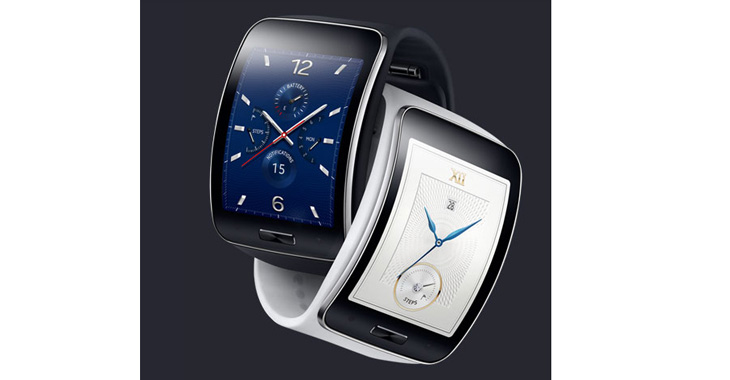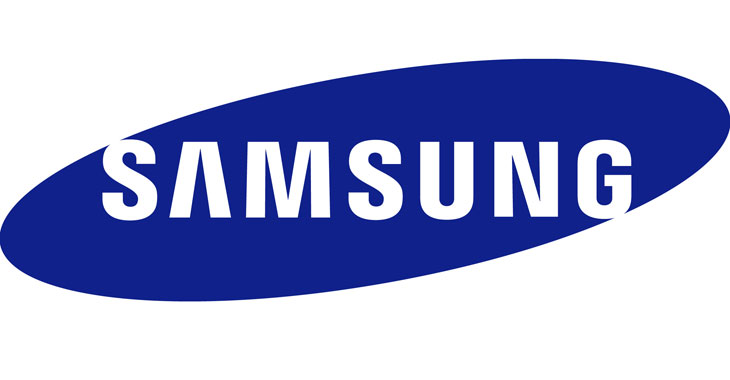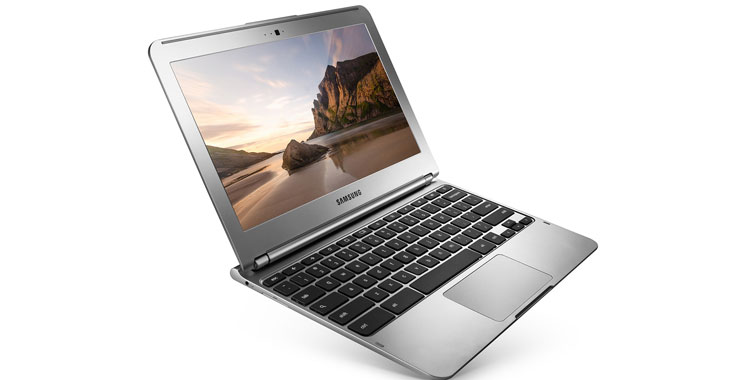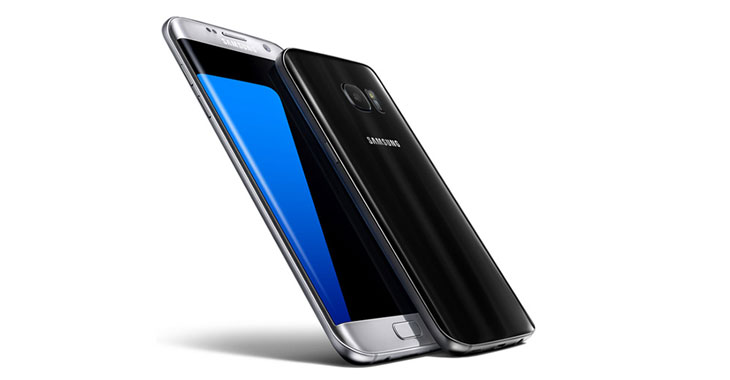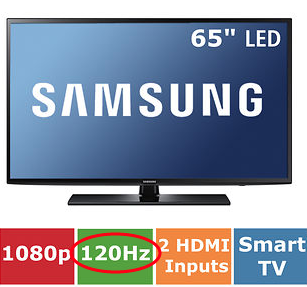
Samsung French Door Refrigerator
Allegations: Marketing products as reliable when their ice makers and dispensers become unusable due to a defect
July 2021: The Court granted final approval of a settlement agreement. Go to http://www.cellphonebenchmarksettlement.com/ for more information.
February 2019: The parties notified the Court that they reached a settlement agreement, the terms of which have not been disclosed.
August 2015: A federal judge dismissed some of the claims in this complaint, including the storage capacity claims and some of the benchmarking manipulation claims (the storage capacity claims were dismissed When a complaint is dismissed without prejudice, an amended version of the complaint can be refiled. and the dismissed benchmarking manipulation claims were dismissed When a complaint is dismissed with prejudice, it cannot be refiled.). Other claims, including ones that the company failed to adequately inform consumers of benchmarking manipulation, will move forward. To read the full decision and learn more about the dismissed and continuing claims, click here.
2014: A class-action lawsuit was filed against Samsung for allegedly misleadingly marketing the speed and performance of the Galaxy S4 smartphone. Specifically, the complaint, which was originally filed in February and amended in November, alleges that the company falsely represents the speed of the Galaxy S4 smartphone by programming it to run at “higher-than-normal speeds” for benchmarking apps (which are used to test and compare the speed and performance of smartphones and tablets) when, according to plaintiffs, the smartphone runs at much lower speeds when performing real-world tasks. In addition, plaintiffs claim that the company advertises that the device has 16 gigabytes of storage capacity when, according to the complaint, preinstalled software makes about half of that memory inaccessible. (Norcia v. Samsung Telecommunications America, LLC and Samsung Electronics America, Inc., Case No. 14-cv-00582, N.D. Cal)
Allegations: Marketing products as reliable when their ice makers and dispensers become unusable due to a defect
Allegations: Falsely advertising discounts off of artificially inflated regular prices and as available for a limited time
Allegations: Failing to disclose that oven knobs can be activated by accidental contact due to a defect
Allegations: Misrepresenting that the website does not collect data from visitors who disable tracking cookies or disclose their data to third parties
Allegations: Falsely marketing that televisions have features that they do not have
Allegations: Failing to disclose that appliances emit pollutants that are harmful to people
Allegations: Misleadingly marketing that smartphones of 128 GB of storage
Allegations: Misleadingly marketing the smartphone as durable
Allegations: Representing that it safeguards consumers’ personal data when such claims are not true
Allegations: Falsely marketing that the refresh rate (also known as the “Motion Rate”) of televisions is 120 Hz when the actual refresh rate is 60 Hz
Allegations: Misleading water-resistant claims
Allegations: Misleadingly marketing devices as having “supreme flexibility” when they don’t work as advertised
Allegations: Falsely marketing appliances as “fingerprint resistant” and failing to disclose that “black stainless steel” is actually regular stainless steel with a black coating that flakes and peels off
Allegations: Misleadingly advertising the black stainless steel finish on appliances as durable when the finish is a thin plastic coating that is prone to peel, chip and flake
TV frame or frame TV? Which one is MoMA selling here?
This ad hertz.
A phone that is only “water resistant” under the right circumstances.
How the advertising of a free tablet (mis)led two consumers to Best Buy over the holiday weekend.
Free tablet promotion caused consumer confusion by not adequately disclosing terms.
